Education
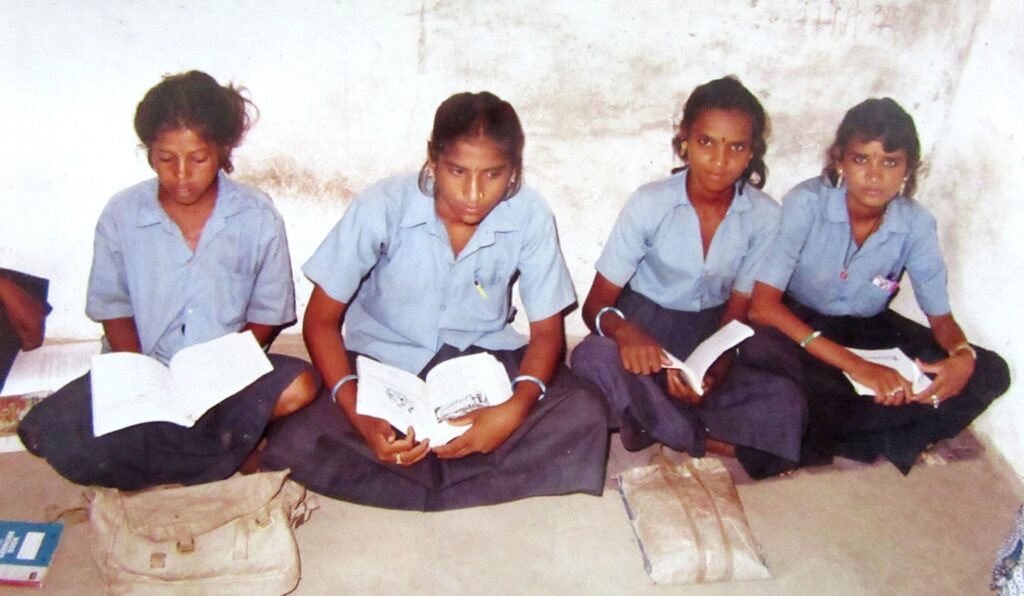
Tribal Girls Education
Most of the tribal families in India live in huts in the forests and mountains. They do not know what is happening in the 21st century. Not much has changed in his life. School, Hospital, Market, Distance. Children of tribal caste never went to school, whenever tribals fall ill. They are relieved by jungle potions, keeping in mind that Apna Sansthan took the initiative to educate tribal children. Especially took the initiative to do the work of teaching tribal girls.
By opening 14 centers, 410 tribal girls were taught till class five by our organization and were linked to government schools. Today a change was seen in this area.
Supplementary Education Program
Government schools are run by the Rajasthan government, in which general caste children get more admission, but SC, ST and OBC children take less admission, even if they take admission, they go to school till class 9 and 10 and leave school.
1- Lack of educational environment at home
2- Weak financial condition of the house.
3- Getting low marks in Mathematics, English and Science in the examination.
Keeping this in mind, our organization in collaboration with Sir Ratan Tata Trust started a program of supplementary education in five higher secondary schools. In which supplementary education was provided to 500 students of SC, ST and OBC, the results of which after three years were as follows. Let's give It is disclosed by our organization that -
1- Enrollment in schools increased
2- The result remained 100%
3- Students started paying attention to studies
4- The atmosphere of the houses started becoming educational.
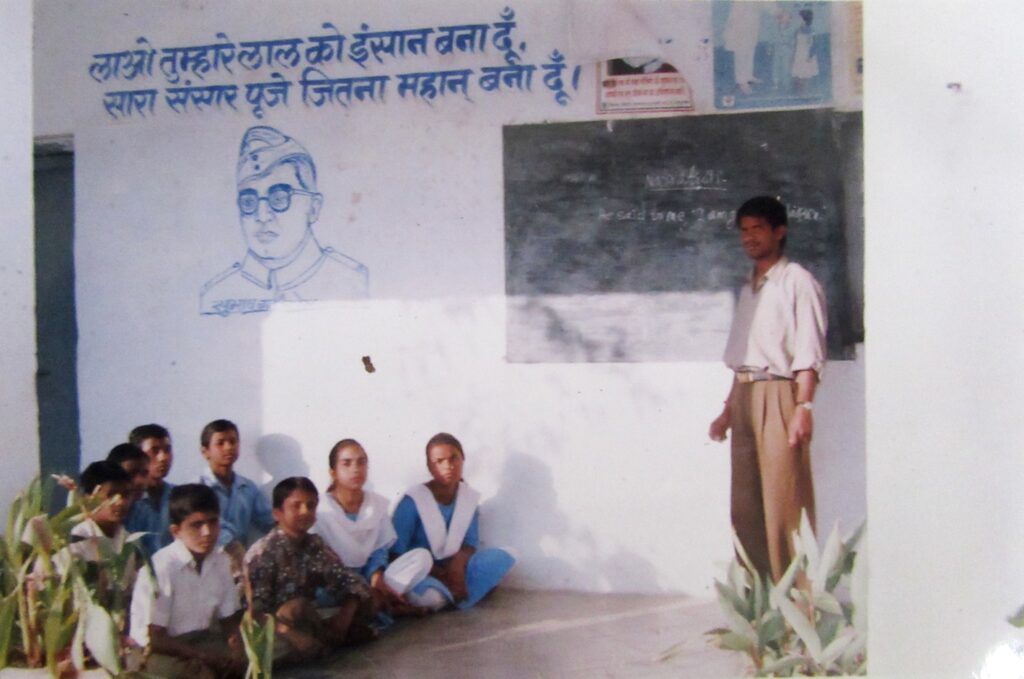
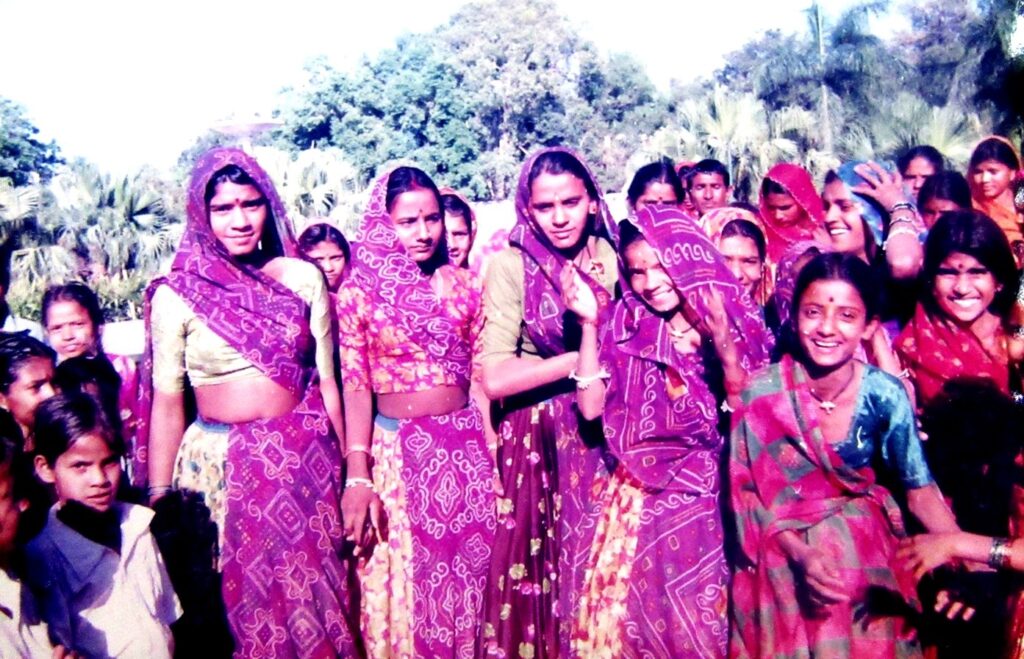
Elimination of Child Labor
Tribal families constitute 90 to 100 percent of the population in the tribal areas of Udaipur, Dungarpur, Banswara, Pratapgarh and Sirohi districts of Rajasthan, India. The said families are dependent on forests and labour. Children of 6 to 14 years of the above tribal families do child labor and do the work of brick kiln, building construction, tendu leaf, goat grazing etc. According to the survey of Apna Sansthan, most of the children are deprived of this. From the year 2001 to 2013, the education institute opened 15 centers and freed 1150 child laborers from child labour.
The said project related to the main stream of education was implemented with the cooperation of the Ministry of Labour, Government of India. Child labor was given vocational training along with education, in which they were taught tailoring, weaving, embroidery, making chadar mounds, making date mats. The said project was done in Dhariyavad block of Pratapgarh district and Bhinder block of Udaipur district.
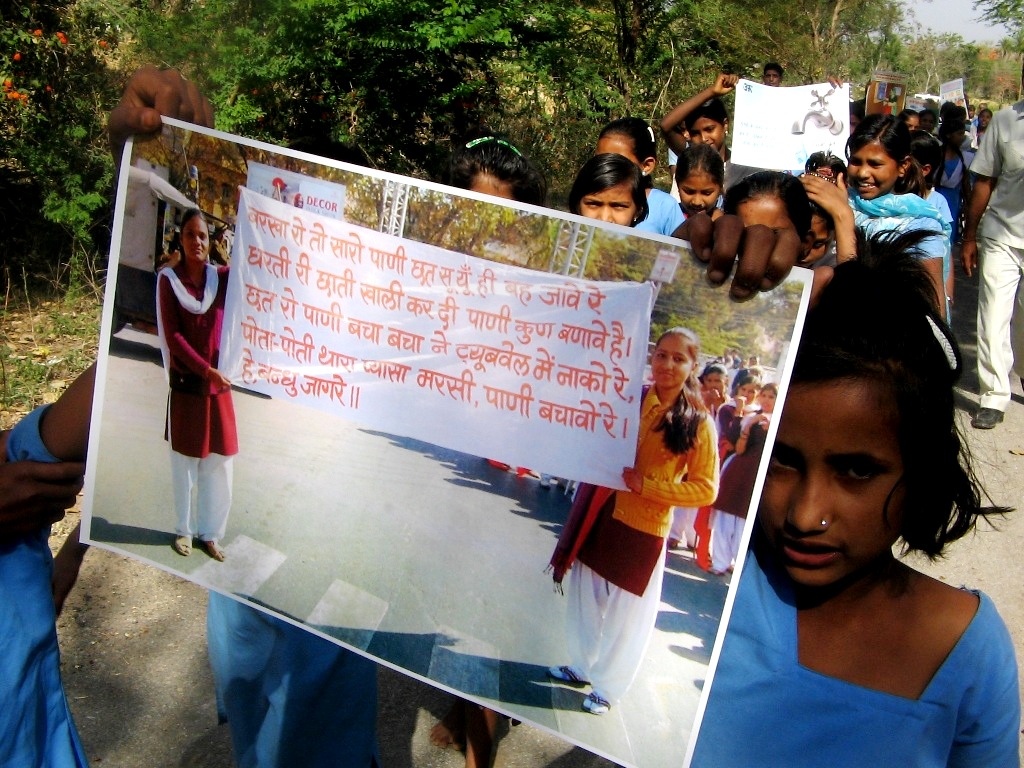
Educational Awareness Rally
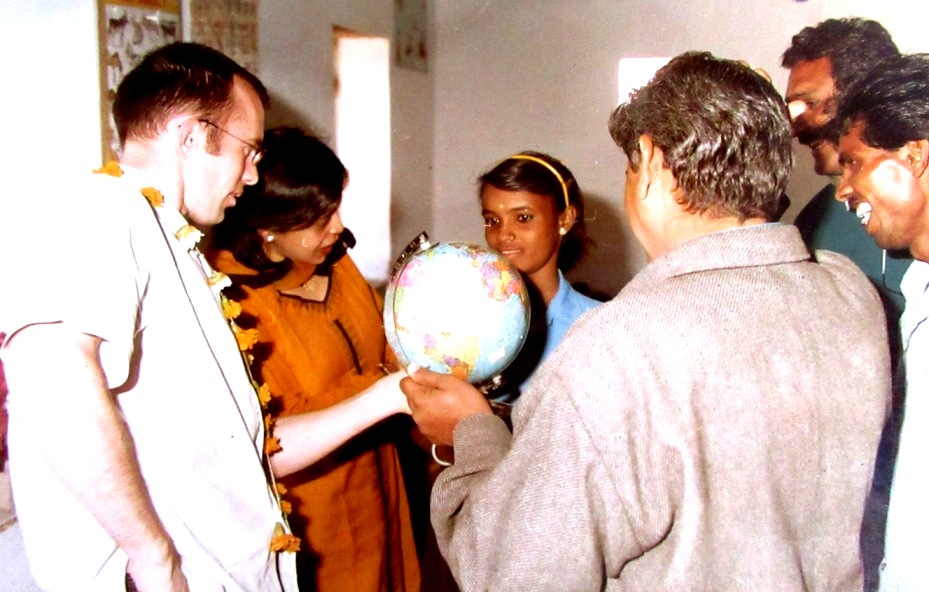
New Zealand's High Commissioner taking education related information from children
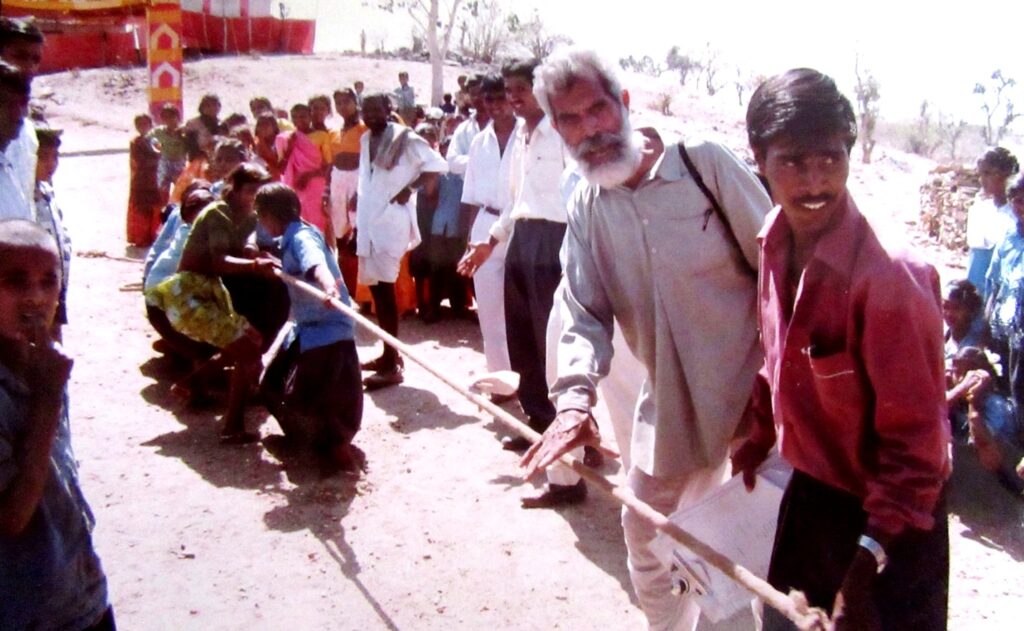
Girls Sports Competition
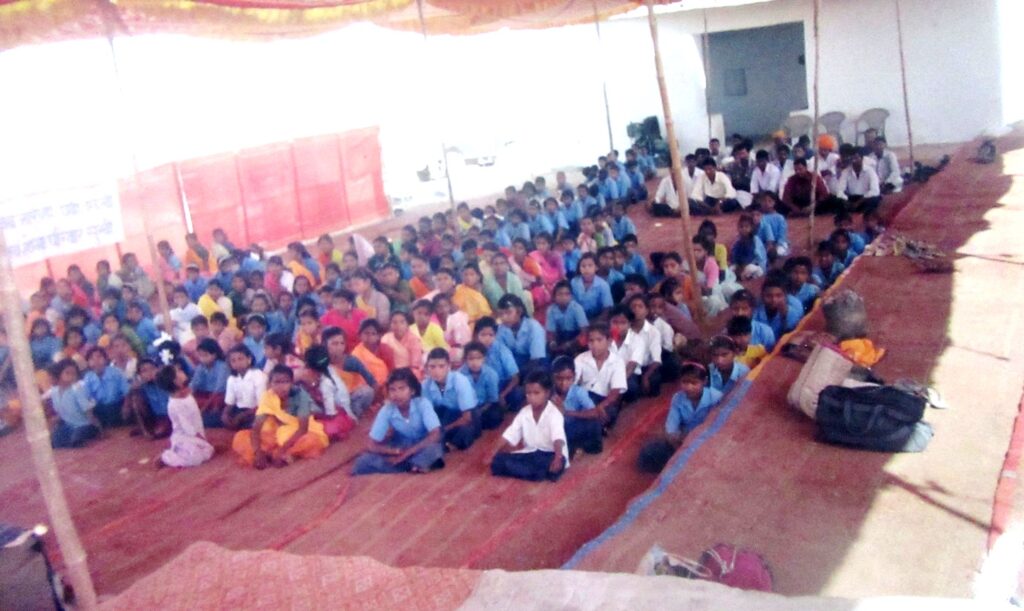
Tribal Girls Meeting Program

Focus Areas of APNA SANSTHAN
Child Education
women empowerment
Skill Development
Watershed Development
Drinking Water
Pastureland Development
Livelihood Security(food for community development)
Self Help Group
Flood Relief Work
Tribal Girl Education
Sloping Agriculture land technology
etc.
About Apna Sansthan
Apna Sansthan’ non-profit organization registered under the Rajasthan Societies Registration Act 1958 was started in 1993 by like-minded people who were filled with enthusiasm to help the underprivileged sections of the society. We are operating in Udaipur, Pratapgarh, Chittor, Rajsamand, Sirohi district of Rajasthan and also covering surrounding districts.
To promote education from primary to higher education in tribal and deprived areas, where children do not have access to education. We are promoting and running school education, formal and non-formal education, skill education, college education, technical and vocational education. Child development, health and hygiene, sanitation, child protection and participation. Many works are going on under rural development and natural resource management like water management, water source creation, livelihood promotion, agricultural development, agricultural technical information, animal husbandry, cash crop promotion, vegetable production, dairy development, women empowerment, orchard development, , Wasteland Development, Environment, Climate Change, Vocational Training, Skill Development etc.
